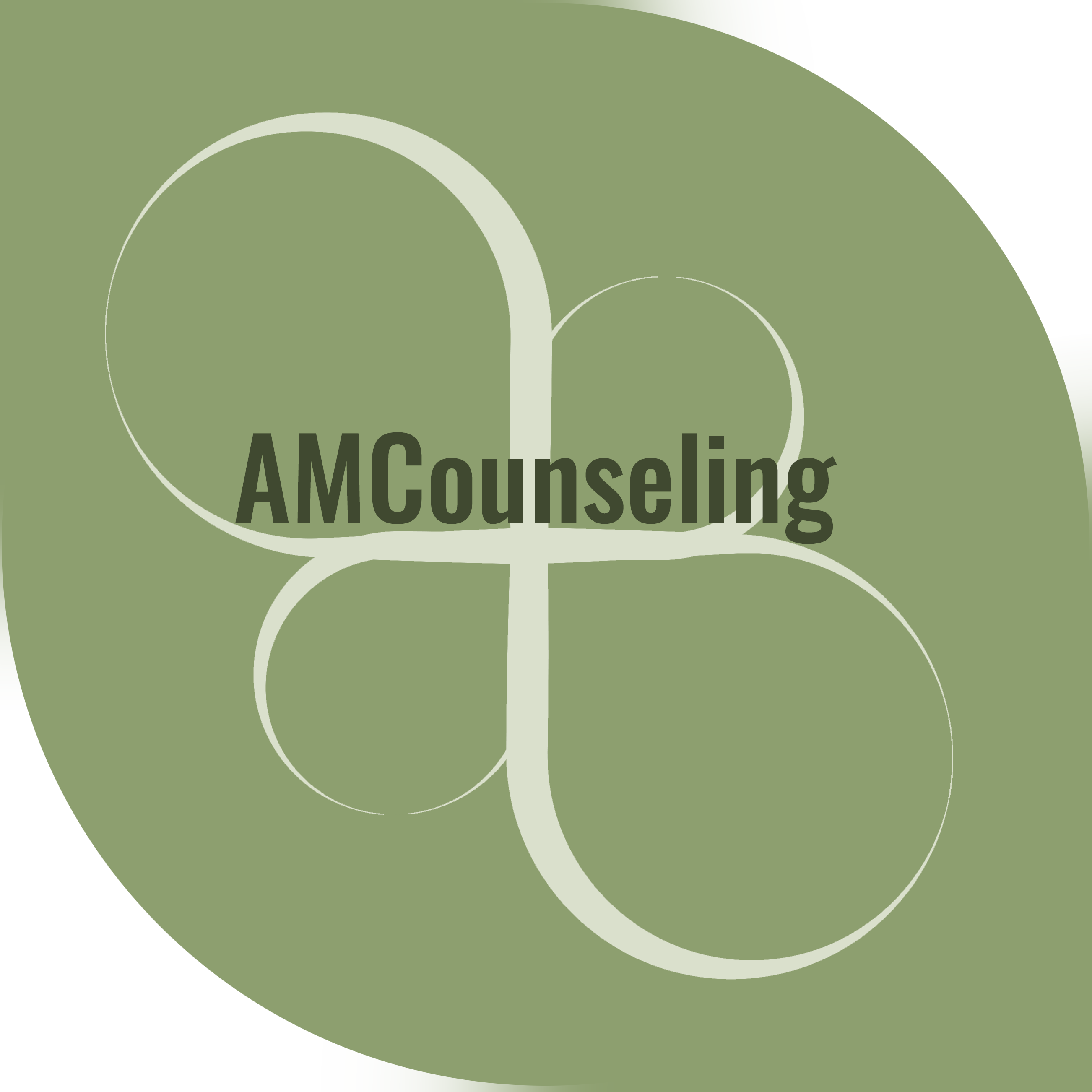What is Self-Gaslighting?
Self-gaslighting is where individuals dismiss or doubt their own thoughts, feelings, and experiences. It occurs when someone repeatedly tells themselves that their emotions are overreactions, their memories are unreliable, or their perceptions are flawed. While gaslighting is often associated with manipulation from others, self-gaslighting is an internalized process where a person convinces themselves that their reality is false.
How Do We Develop an Inner Voice That Gaslights Us?
Self-gaslighting doesn’t appear out of nowhere; it often develops as a response to external influences and experiences. Several factors can contribute to its formation:
- Early Childhood Conditioning
If a child grows up in an environment where their emotions are frequently dismissed—being told they are “too sensitive” or “dramatic”—they may internalize the belief that their emotions are not valid. Over time, they learn to silence their own feelings before others do.
- Toxic Relationships
Being in relationships with people who consistently gaslight us—whether they are partners, family members, or authority figures—can train us to second-guess ourselves. When someone regularly tells us our experiences are incorrect or exaggerated, we begin to preemptively do it to ourselves. To explore rejection sensitivity: https://wassenaartimes.nl/wellness/f/understanding-rejection-sensitivity
- Cultural and Societal Influences
Society often encourages people, especially those in marginalized communities, to downplay their own realities. For example, individuals may be told to “toughen up” or that their struggles are “all in their head,” reinforcing the idea that they should not trust their own emotions or perspectives.
How Different Relationships Encourage Self-Gaslighting
Relationships—whether personal, professional, or societal—play a critical role in promoting self-gaslighting. Here are some ways in which different dynamics can contribute to this pattern:
- Romantic Relationships
A partner who frequently dismisses or minimizes your feelings may lead you to internalize that your emotions are irrational. Over time, you may begin invalidating your own thoughts before even expressing them, convincing yourself that you are overreacting or imagining things.
- Family Dynamics
Families that avoid conflict or deny difficult emotions can create an environment where individuals are discouraged from acknowledging their true feelings. This can lead to habitual self-gaslighting, where a person suppresses their emotions rather than accepting them as valid.
- Workplace Culture
A toxic work environment where employees are constantly told they are not working hard enough or that their concerns are unfounded can lead individuals to question their own judgment. If an employee frequently hears that their workload is manageable when they feel overwhelmed, they may start doubting their own perception of stress.
Overcoming and Healing from Self-Gaslighting
Recovering from self-gaslighting requires unlearning harmful internalized beliefs and actively practicing self-validation. While self-care techniques can be helpful, deeper cognitive and behavioral shifts are necessary. Here are two approaches to help heal from self-gaslighting:
- Cognitive Reframing
Cognitive reframing involves consciously challenging and changing the way we interpret our thoughts and experiences. When you catch yourself dismissing your emotions, pause and ask yourself:
- What evidence do I have that supports my feelings?
- Would I say this to a friend in the same situation?
- Am I denying my reality to make others more comfortable?
By actively questioning these thoughts, you can start to rewire your brain to trust your own perceptions instead of undermining them.
- Seeking Affirmation Through External Validation (In Healthy Ways)
While self-validation is the ultimate goal, sometimes seeking external confirmation from trusted individuals can help break the cycle of self-gaslighting. Speaking to a friend, therapist, or mentor who acknowledges your experiences can reinforce the idea that your emotions and thoughts are valid. Over time, this external validation can serve as a bridge to building stronger self-trust. If you feel like working with a therapist could be helpful, lets connect: https://amandamaurocounseling.com/ Its not about just validation but learning to work through the emotions and sensations that are related to what is going on in these moments.
Self-gaslighting can be deeply ingrained, but recognizing it is the first step toward healing. By understanding how it develops, acknowledging the role relationships play, and using techniques like cognitive reframing and seeking healthy external validation, individuals can begin to reclaim their sense of reality and self-trust. The journey to breaking the cycle of self-gaslighting is challenging, but it is entirely possible with awareness and intentional change.
Photo by Tobias Bjerknes on Unsplash

